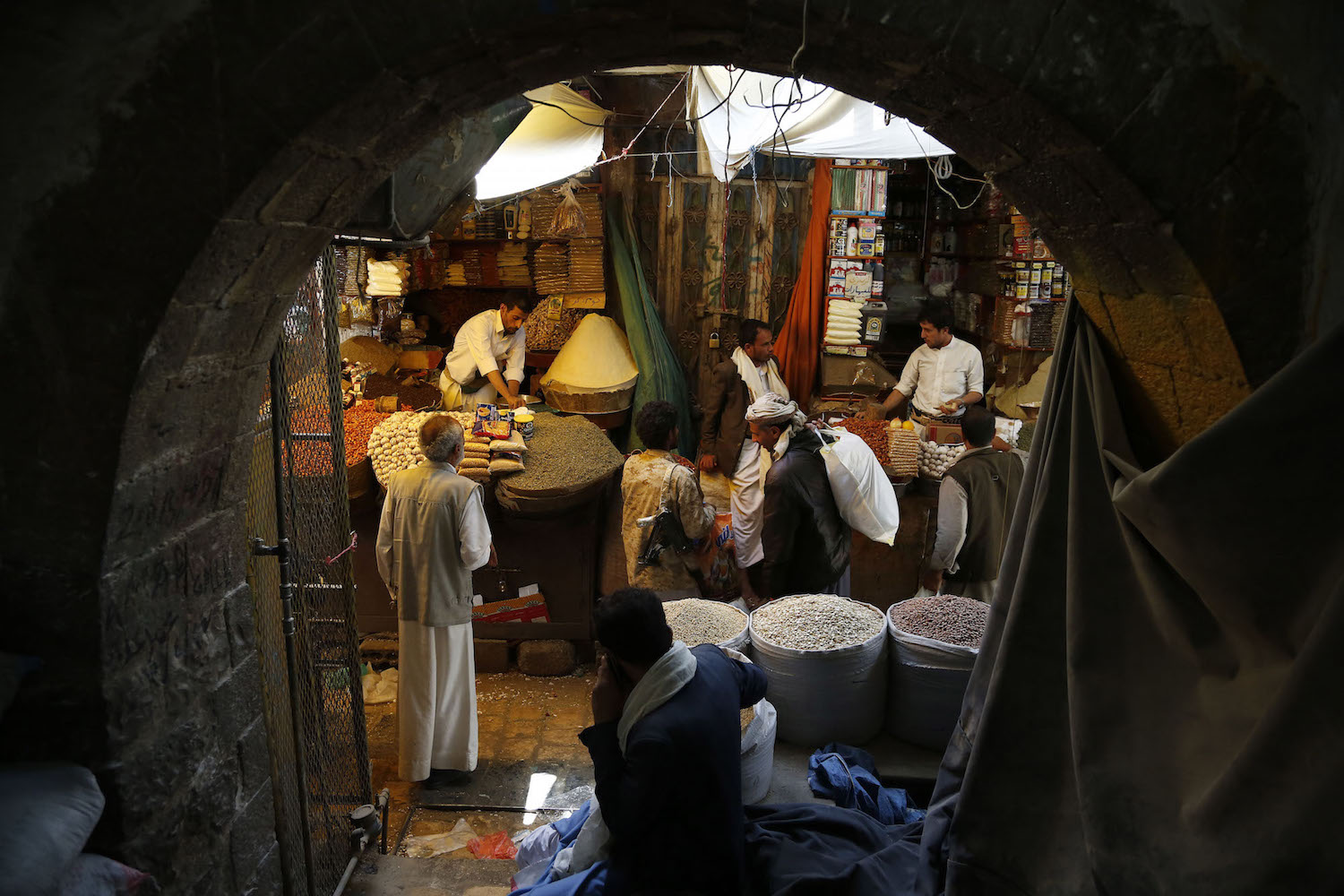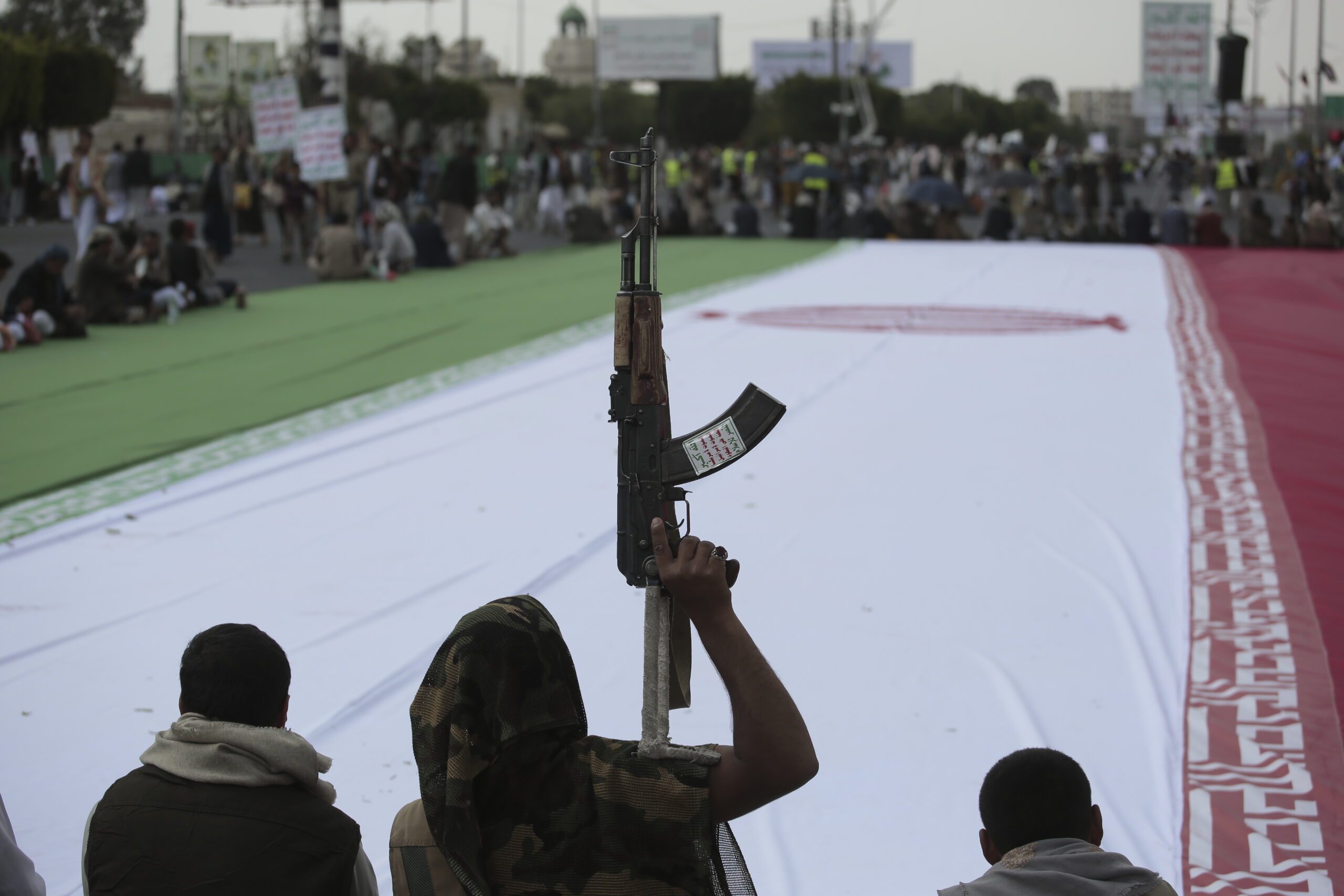Yemen after the War
On October 14, 2016, AGSIW and b’huth, the Dubai Public Policy Research Center, co-hosted the workshop “Yemen after the War,” at the AGSIW offices in Washington, DC.

Executive Summary
On October 14, 2016, the Arab Gulf States Institute in Washington and b’huth, the Dubai Public Policy Research Center, co-hosted the workshop “Yemen after the War,” at the AGSIW offices in Washington, DC. The workshop examined challenges and opportunities in a post-conflict Yemen. Participants in the daylong event included subject matter experts from diverse academic, professional, and national backgrounds. The discussions evaluated the daunting obstacles currently hampering efforts to achieve a cessation of hostilities, as well as the challenges related to planning for what the discussants unanimously concluded would be a lengthy recovery process following the conflict. The workshop was divided into three sessions. The first focused on designing a lasting peace and an inclusive transition, the second reassessed the role of the international community and the private sector in Yemen, and the third provided an opportunity for participants to make concluding remarks and offer recommendations for the best way forward.
The recommendations that were put forth may be viewed as the essential building blocks of a potential action plan that proposes politically feasible and economically sustainable solutions and serves as a foundation upon which Yemen’s future can rest. These recommendations do not advocate for a particular sequence of measures. They do not favor or give precedence to a political resolution of the conflict over comprehensive structural economic reforms or vice versa. The workshop participants reached a consensus that political reconciliation will not succeed unless it is accompanied by economic incentives that convince all segments of Yemeni society that they are stakeholders in a collective endeavor. In that spirit, inclusiveness, both political and economic, is the fundamental requirement for a stable and prosperous Yemen.
The views represented herein are the author's or speaker's own and do not necessarily reflect the views of AGSI, its staff, or its board of directors.






